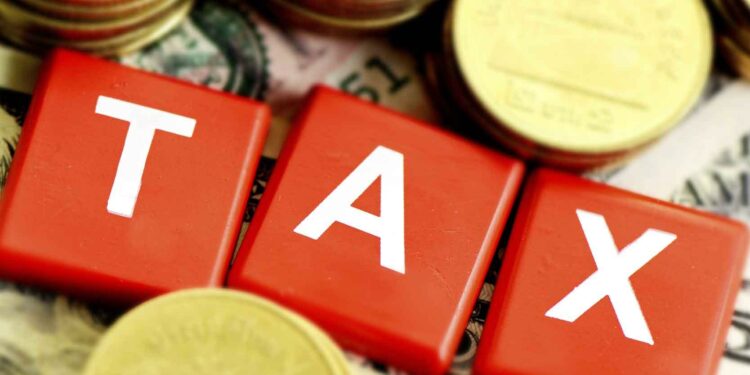The Kenyan Government is facing a daunting challenge in trying to meet the demands of its ambitious Big Four Agenda (BETA) while also balancing its budget. With limited fiscal space, the government is turning to the Finance Bill, 2023 (the Bill) and the proposed tax measures to generate additional revenue and stimulate economic growth.
The Bill proposes several significant changes to the tax regime, with the aim of promoting government priorities and collecting additional revenue. For instance, the introduction of a new 35% tax rate for income above KES 500,000 per month is likely to impact high-earning individuals and businesses. The taxation of content creation and trade in digital assets such as cryptocurrency is another notable change. These proposals reflect the government’s desire to tap into the growing digital economy, which is expected to play a crucial role in Kenya’s economic growth.
However, some proposals in the Bill are likely to generate significant debate. For instance, the requirement to deposit 20% of tax disputed before appealing a decision of the Tax Appeals Tribunal (TAT) at the High Court may be viewed as burdensome by taxpayers. Moreover, the proposal to delete the legislation governing the processing of waivers of penalties and interest is likely to draw criticism from taxpayers who are seeking relief from these charges.
The proposed tax changes come at a time when Kenyans are already grappling with a high cost of living. The introduction of a 3% deduction from employees towards the affordable housing program, for instance, is likely to exacerbate the situation. Employers are expected to match the employee contributions, further adding to the burden on businesses.
Despite these challenges, the Kenyan Government remains committed to meeting the demands of the BETA. The government has set a budget of KES 3.6 trillion to meet these priorities, with the intention of mobilizing domestic revenues of KES 2.9 trillion. However, taking into account the budgeted expenditure, the government is expected to have an estimated deficit of KES 768.2 billion, which goes down to KES 720.1 billion after adjusting for grants of KES 48.1 billion.
To finance this deficit, the government is turning to both external and domestic financing. The financing gap is expected to be plugged through net external financing of KES 198.6 billion and net domestic financing of KES 521.5 billion. This reliance on borrowing may raise concerns about the sustainability of Kenya’s debt levels, especially given the challenges posed by the COVID-19 pandemic.
The proposed tax changes in the Finance Bill, 2023, represent a significant departure from the current tax regime in Kenya. While these changes may generate much-needed revenue for the government, they are likely to be unpopular with taxpayers, who are already struggling to cope with the high cost of living. The government’s commitment to meeting the demands of the BETA is admirable, but its reliance on borrowing to finance the budget deficit may raise concerns about the sustainability of Kenya’s debt levels in the long run.
Source: norvanreports

